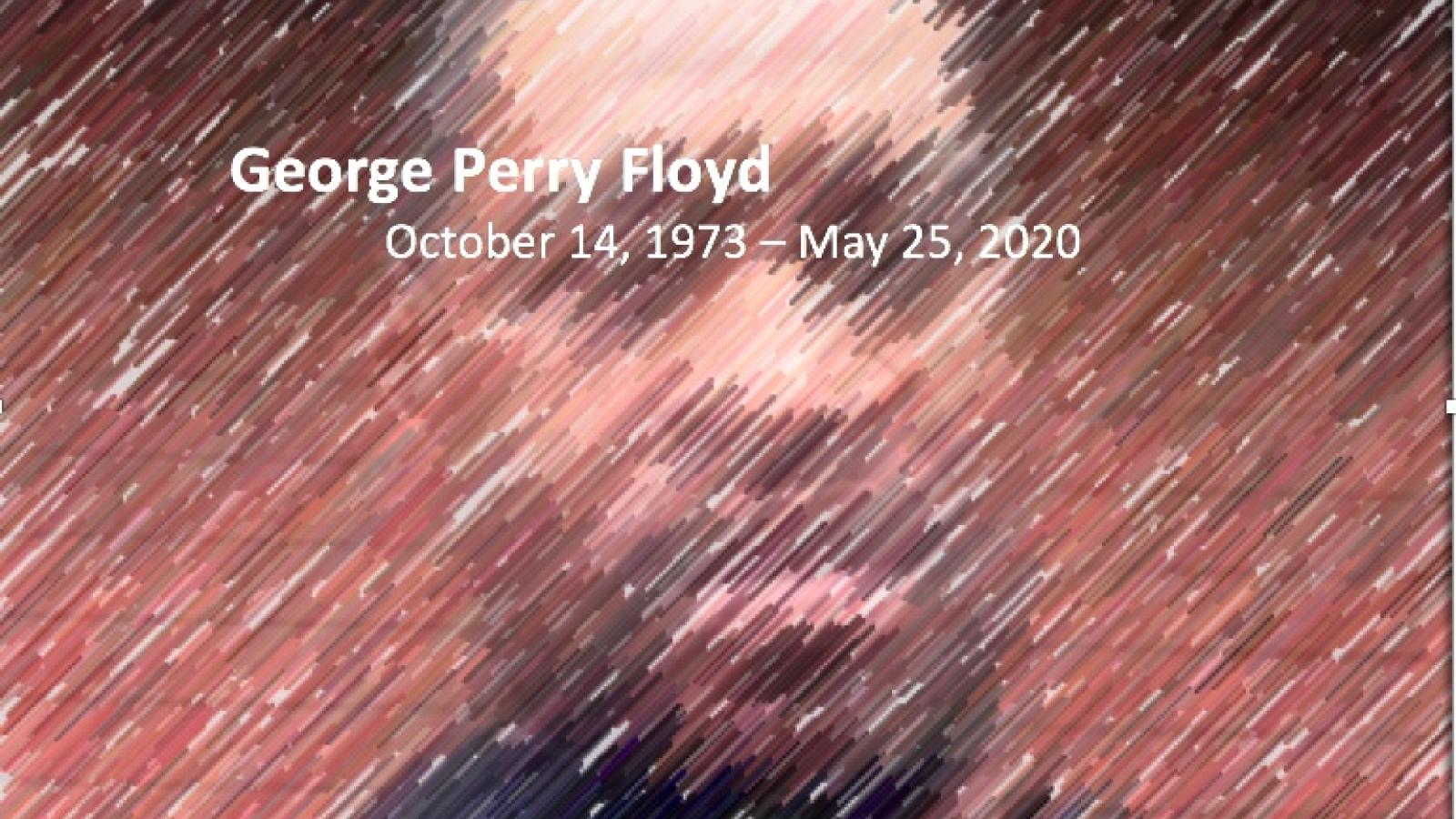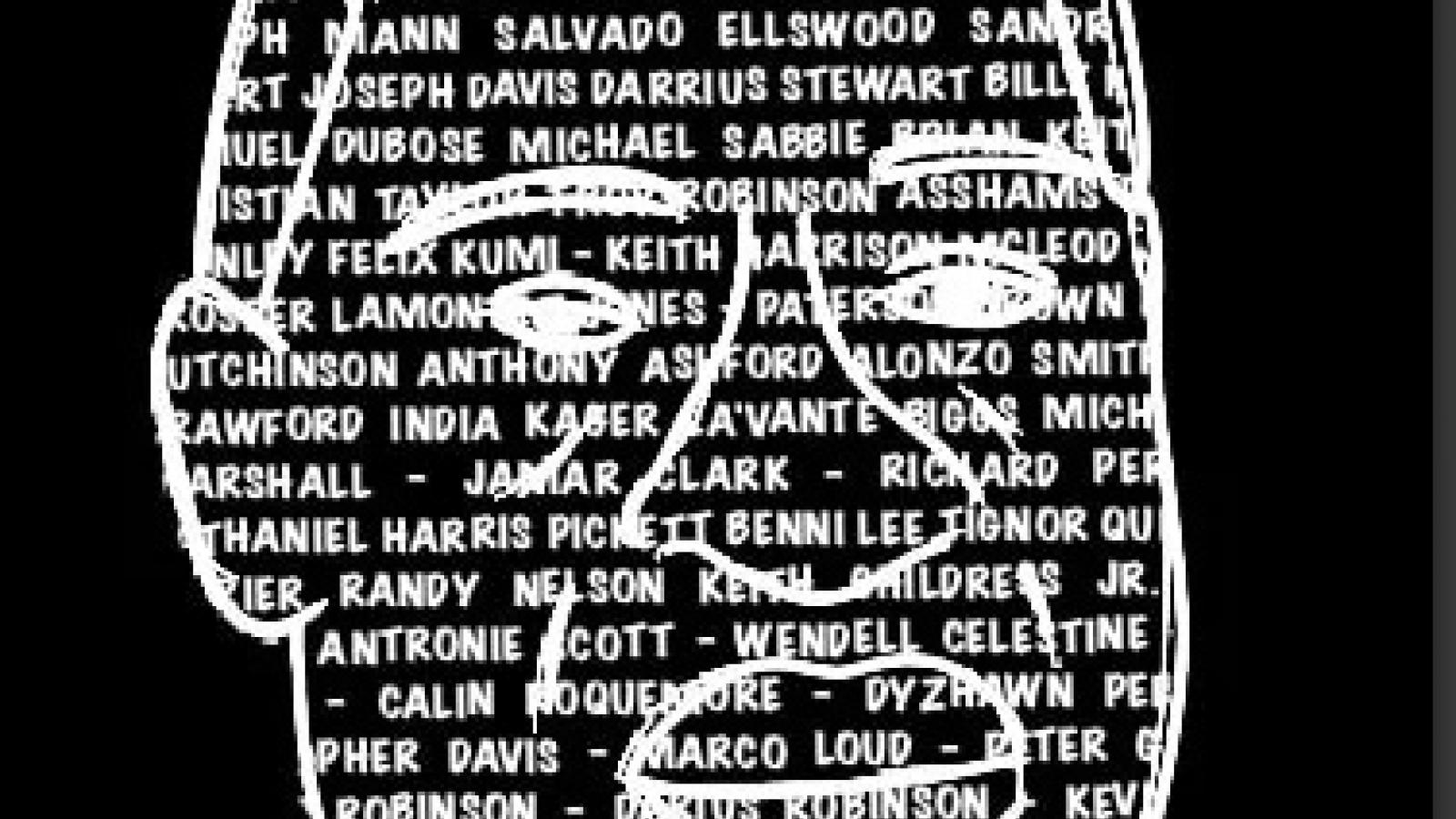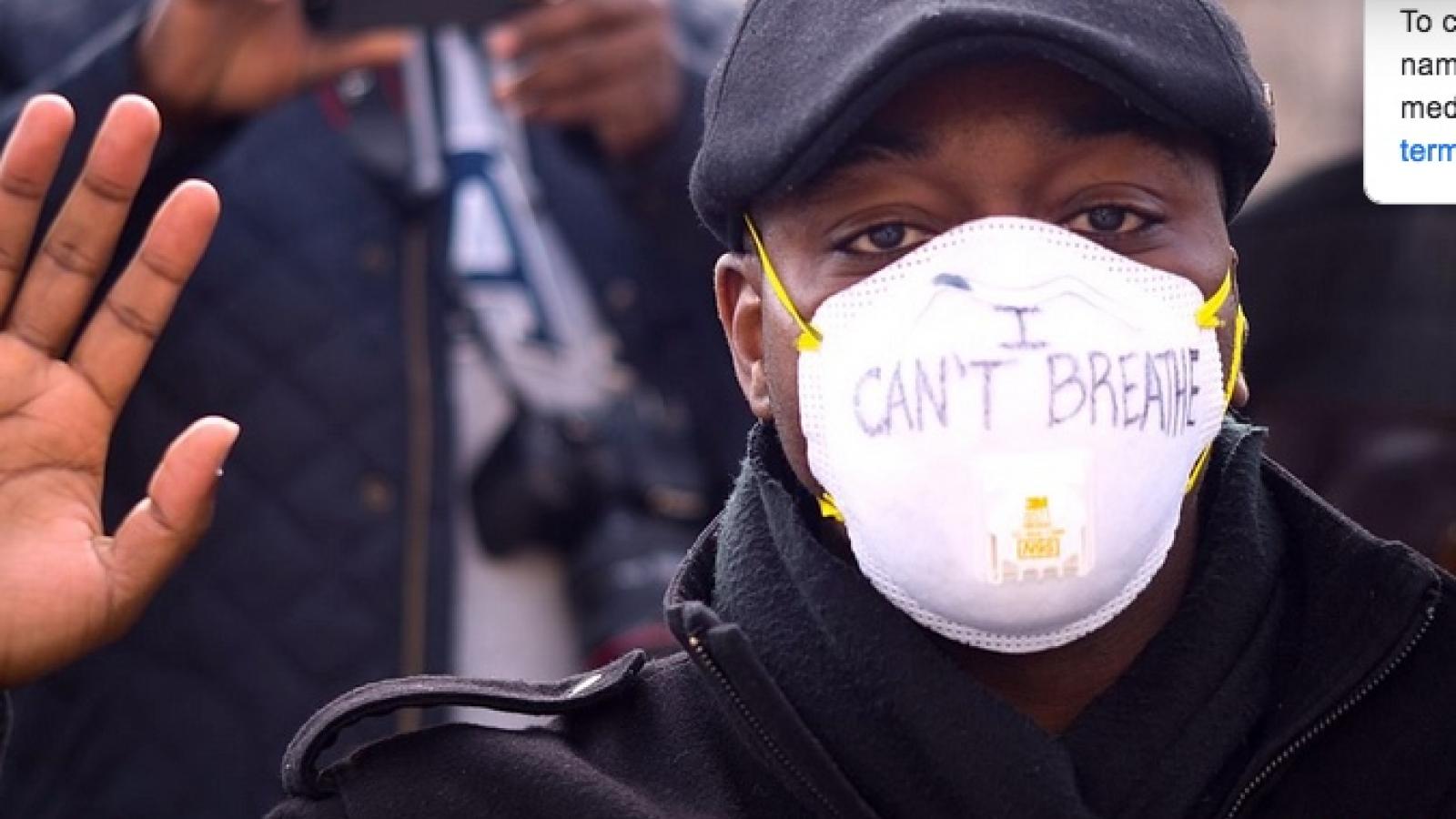Structural racism is a scandal for the humanities: a permanent rebuke to our best aspirations, a stark reminder of the limits of self-reflection and the pressing need for institutional change. Structures enable and constrain agency; they make certain kinds of work and consciousness possible, by making other kinds unthinkable.
Shifting structures involves more than good will and the best of intentions. It means confronting and working through obstacles at once external and internal, digging our way through settled judgments to unearth the layers of pre-judgment (prejudice) that laid the foundations we took for granted. It is generational work: groping our way towards different forms of feeling, new habits of thinking, patterns of interaction still struggling to emerge.
Not knowing our way forward can be, for those of us charged with learning and teaching, a potent obstacle to action. Our self-image is bound up with knowing, and with being good at knowing. When we look in the mirror, it's hard to see what we've missed, what consistently wounds and disfigures us. It's much easier to imagine ourselves as tough-minded--as already having confronted the hard truth--than it is to stay with the trouble, as Donna Haraway puts it.
The term "scandal"--from the Greek skandalon, meaning obstacle or stumbling block, especially when deliberately placed as a trap--has a long and interesting history in theological reflection. It occurs as the vernacular (koine) Hellenistic translation of the Hebrew miḵšōl (מִכְשׁוֹל), notably in Leviticus 19:14 ("You shall not revile the deaf or put a stumbling block before the blind."). Thomas Aquinas parsed it out into active (performed by a person) and passive (involving the reaction to, or recognition of, the evil done) scandal. "In the 1992 Catechism of the Catholic Church, it is discussed under the fifth commandment (Thou shalt not kill) section "Respect for the Dignity of Persons" (Wikipedia)." In Leviticus, the injunction against placing a stumbling block takes aim at those who would mock the disabled, thinking themselves different. It tells us to identify ourselves, not with the knowing agent or the laughing spectator, but with the one bound to fall.
At least since the killing of Michael Griffith in Howard Beach, Queens, in 1986, the slogan "No Justice, No Peace" has figured prominently in protest marches responding to violence against African-Americans. A fierce and powerful slogan, it is arresting in its simplicity but--like all simplifications--easily misunderstood. It resonates with the words of Martin Luther King, Jr., a sermon known as "When Peace Becomes Obnoxious," probably delivered in Montgomery, AL on March 18, 1956. In an exegesis of Matthew 10:34-36 ("Think not that I am come to bring peace. I come not to bring peace, but a sword"), King writes: "Peace is not merely the absence of some negative force—war, tensions, confusion but it is the presence of some positive force—justice, goodwill, the power of the kingdom of God." More succinctly, in the "Letter from a Birmingham Jail" (1963), King declares: "“True peace is not merely the absence of tension: it is the presence of justice.”
Rick Livingston
Juneteenth: June 19, 2020
Images: George Floyd Tribute, Line Drawing Effects; Say Their Names (courtesy JGirls Magazine); I Can't Breathe (Medium)
Undoing structural racism will demand an enormous collective effort of learning and unlearning. Here are some of the resources being developed to make a start. Ongoing updates.
President Michael Drake: Statement on addressing racial injustice
Office of Diversity and Inclusion: Juneteenth: A Brief History
OSU African-American and African Studies: Statement on the 2020 Pandemics, Racism, Structural Inequalities, and Pursuits of Social Justice.
AAAS: Black Matters 101: This Side of the Pandemics (Ongoing series of webinars)
OSU Department of History: Black Lives in American History, including "A Long View of Policing in America" and "A History of Stolen Citizenship" (Origins: Current Events in Historical Perspective)



